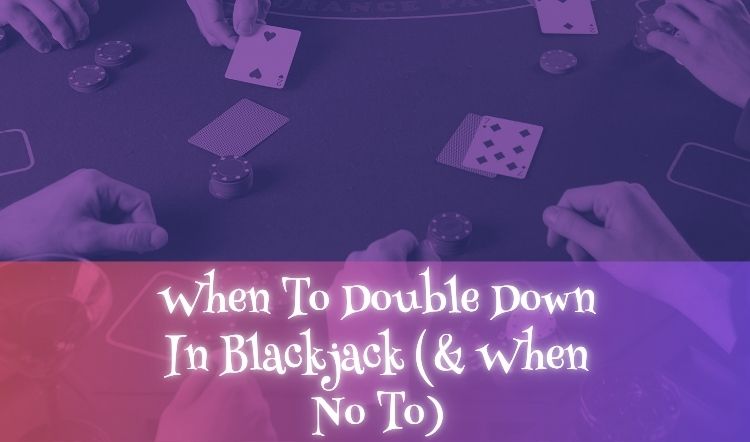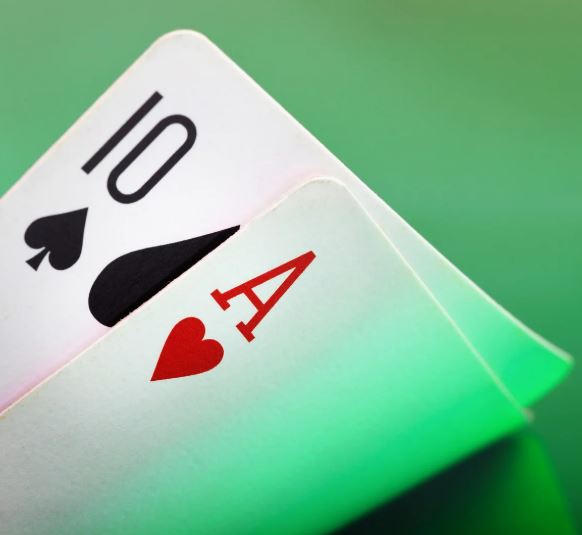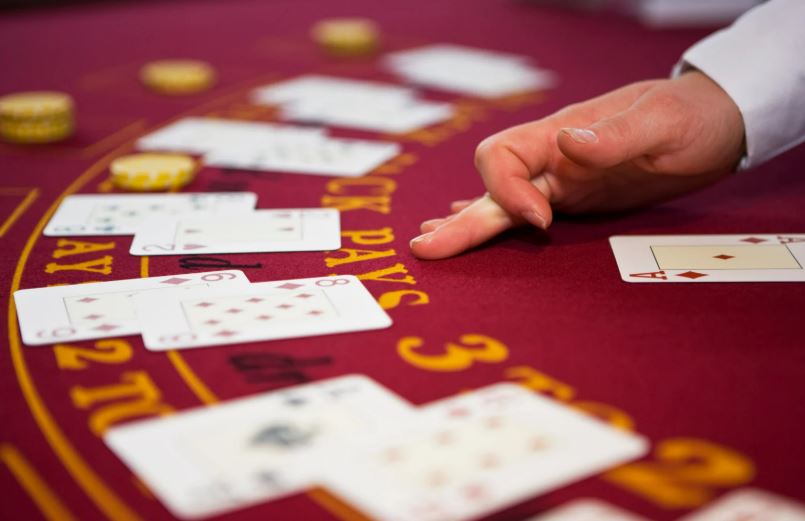
Blackjack remains a favourite in both casinos and online platforms, thanks to its relatively simple rules and the decision-making opportunities it offers along the way. One of those key decisions is whether—or when—to double down. While many players recognise the term, understanding when it’s the right move is far less common.
In this post, we’ll break down what doubling down actually means, when it might be most effective (and when it might be best avoided), and how to use it—whether you're playing in person or online.
Let’s take a closer look at how this move works, and how it might give you a potential edge when used wisely.
What Is Double Down In Blackjack?
At the beginning of each blackjack round, players are dealt two cards and can choose from a few standard actions. The most common are “hit” (taking another card) or “stand” (keeping the hand as it is). Depending on the rules at the table, other options may also be available, such as “split,” “insurance,” or “double down.”
Doubling down allows players to increase their original stake by placing an equal bet and receiving just one more card, after which their hand is final. No further cards can be drawn. While it limits the ability to adjust later in the hand, doubling down may be a strong option in specific situations where the odds of improving with a single card are favourable.
When To Double Down
If you choose to play blackjack, learning when to double down may make a difference to how a hand plays out. 
One of the most common times to consider doubling down is when your first two cards total 11. In this case, drawing a 10 or face card would give you 21, and even lower cards can leave you in a strong position.
Doubling down on a total of 10 is also a move many players look for, especially when the dealer is showing a weaker card like a 4, 5, or 6. In this scenario, you have a good chance of ending up with a strong total, while the dealer may be more likely to go over 21.
If you’re dealt a soft 16, 17, or 18 (a hand containing an Ace counted as 11), and the dealer is showing a low card, doubling down can sometimes work in your favour. In hands like these, there’s potential to improve your total while still avoiding an immediate bust.
When Not To Double Down
While doubling down may sometimes give you an advantage, there are also situations where it’s better to hold back.
For instance, if the dealer is showing an Ace, players generally don’t choose to double their bets. An Ace gives the dealer more flexibility to build a strong hand, making it harder for you to gain an edge.
You might also want to avoid a double down if your total is higher than 11—unless it’s a soft hand like a soft 16, 17, or 18. With hard totals above 11, there’s a much greater chance of going over 21 if you draw another card, so you might not want to add to your stake in those moments.
If you decide to play, recognising these situations can help you make more considered choices as the hand develops.
How To Signal Double Down In Blackjack
If you choose to double down in blackjack, signalling it correctly depends on whether you’re playing in person or online.
At a land-based casino, the standard way to indicate a double down is by placing an additional stack of chips—equal to your original bet—next to your initial wager (not on top of it). This makes it clear to the dealer and  helps avoid any confusion. You can also say “double down” out loud or make a small hand gesture to show that you’d like just one more card.
helps avoid any confusion. You can also say “double down” out loud or make a small hand gesture to show that you’d like just one more card.
If you’re playing online, it’s even simpler. You would just click the “double down” button during your turn. Most platforms make this option easy to find when the game rules allow it.
If it’s your first time using this move, it might be beneficial to check the specific rules at your casino, as the exact conditions for doubling down may vary slightly between games.
Blackjack Double Down Payout
If you choose to double down and go on to win the hand, the payout is typically made at 1:1 on your total stake, including both your original bet and the additional amount you placed. For example, if you initially bet £10 and then doubled down with another £10, a winning hand would return £20 in winnings plus your £20 stake.
However, if the hand doesn’t go in your favour, you would lose both parts of the wager. That’s why you might want to consider when the odds are most likely to work in your favour before choosing this option.
Blackjack Double Down FAQ
Can You Double Down on a Split?
Sometimes, yes. If the casino allows, you may double down after splitting your hand.
Can You Double Down After Hitting?
No. Double down is only available as your first action, before taking any additional cards.
Should You Always Double Down on an 11?
While doubling down on 11 is often recommended, always check the dealer’s upcard and consider the specific table rules.
Do You Have To Take Another Card If You Double Down?
Yes. When you double down, you are required to receive exactly one additional card—no more.
Conclusion
Knowing when to double down in blackjack can help you make more informed decisions during the game. If you choose to use this option, it’s worth considering the scenarios where it’s best for you, and when you’d prefer to avoid it.
As always, it’s a good idea to stick to a set budget and play in a way that suits your own pace and preferences. Remember to keep responsible gambling practices in mind and never wager more than you are willing to lose.
**The information provided in this blog is intended for educational purposes and should not be construed as betting advice or a guarantee of success. Always gamble responsibly.
